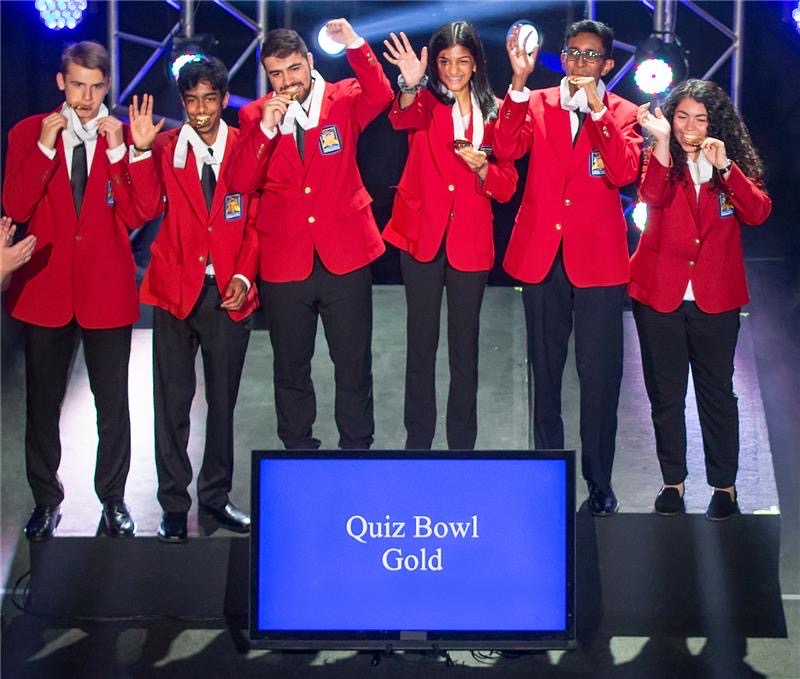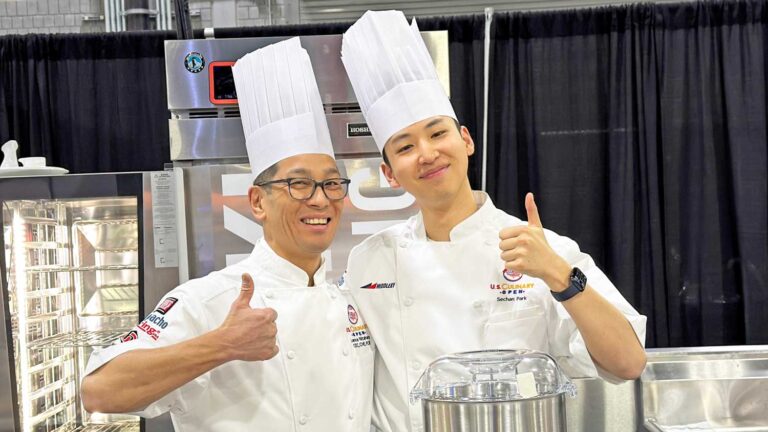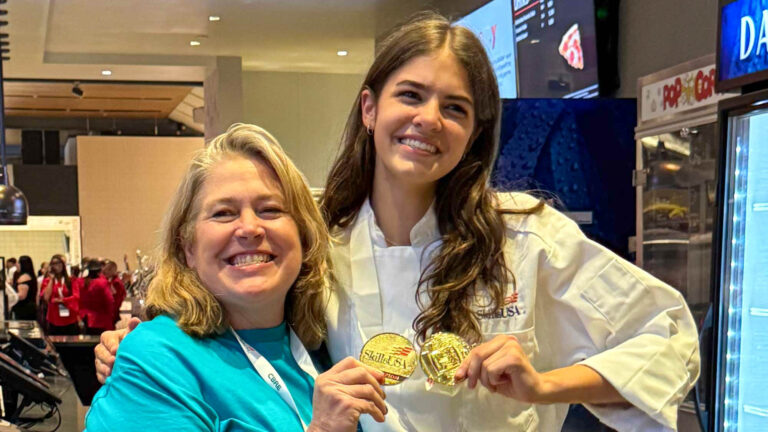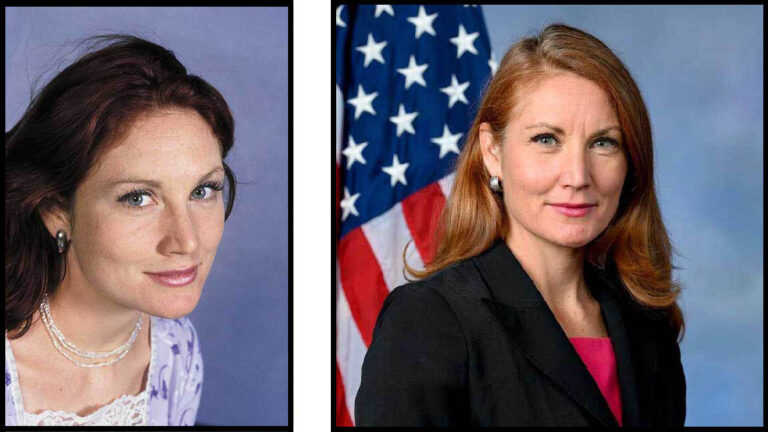Photo used with permission.
When the world stopped due to the COVID-19 pandemic, Omar Khasawneh — like so many other essential workers — kept moving. A SkillsUSA New Jersey alumnus and member of SkillsUSA’s 2019 national champion Quiz Bowl team, Khasawneh is currently studying biology and global studies at Rutgers University. During his summer break this year, Khasawneh wasn’t content to stay at home; he wanted to use his skills to help fight the pandemic any way he could. As someone whose commitment to helping others inspired him to become a licensed Emergency Medical Technician (EMT) at 16, the decision to step off the sidelines when those skills were needed most was hardly surprising.
“Helping people is a passion of mine, so I have sort of gravitated toward the health/medical field since I was a kid,” Khasawneh explains. “In high school, I found out that I could become an EMT and get real, firsthand patient-care experience, so I became an EMT as soon as I could. I love working with people, and I’m always humbled to be able to help them on their worst of days.”
Answering the Call
One of the first jobs Khasawneh secured during the pandemic saw him analyzing data and patient records while interning with the New Jersey Department of Health. When COVID-19 cases began to rise, the internship was unfortunately cut short. His commitment to helping others, however, remained unwavering, and Khasawneh quickly found work at the Federal Emergency Management Agency (FEMA) as an EMT in a COVID-19 testing center. Shortly thereafter, he joined up with the COVID Care Force, an organization that sends healthcare volunteers to pandemic hotspots while providing support for frontline workers. Through this organization, Khasawneh was deployed to Winslow, Ariz., to help the underserved population in the Navajo Nation. The experience would have a lasting effect on his view of American healthcare and his own role in its mission.
“After going to Navajo Nation, I was pretty disappointed that I had never really learned as much as I should about Native Americans,” Khasawneh admits. “For example, the Navajo reservation is about the size of West Virginia and three times the size of my home state of New Jersey. Nearly one-third of people on the reservation do not have access to running water, and about 10% do not have electricity. To say I was surprised with these facts would be an understatement.”
Khasawneh’s work in Arizona saw him in both the office and the field. “In the office, I was doing contact tracing and case management over the phone,” he says. “Aside from calling people daily to monitor them, I had to make sure they had everything they needed while in quarantine. But if someone needed medications, cleaning supplies, food, etc., my team would go out into the reservation and deliver the supplies. I would also check on people at their homes who would not answer or return phone calls for whatever reason. I loved working with the Navajo, because they have a fascinating culture, and everyone I interacted with was respectful and highly appreciative of the work being done to support them.”
That firsthand field experience among some of the poorest communities in the nation served as a cold-water-in-the-face wake-up call to Khasawneh, one he wants others to understand. “I want people to know that not everyone is equally affected by the pandemic,” he says. “Minorities and underrepresented populations were at a huge disadvantage before the pandemic, so when the pandemic hit, it brought many disparities to light. Public awareness and public outreach is the first step to helping our neighbors and friends, whoever they are and wherever they may be.”
A Lifelong Influence
Now back in school, Khasawneh hopes to continue using his skills and knowledge to educate people about COVID-19 so they can maintain proper social distancing and Personal Protective Equipment (PPE) usage. He plans to earn a master’s degree in public health and hopes to eventually find a career in that area, possibly continuing his education in pursuit of his doctorate.

Wherever life takes him, Khasawneh credits SkillsUSA with shaping his personal and professional growth so far and knows it will continue to play an important role on the path ahead. “I saw SkillsUSA from my local chapter all the way through the national conference in Louisville, Ky.,” he says, “and through it all, I was able to enhance my interpersonal communication skills as well as my networking skills. Additionally, my leadership, organizational, and teamwork skills were strengthened through working with a group of amazing people on my competition. SkillsUSA’s motto is, ‘Preparing for leadership in the world of work.’ Between a college internship, volunteering as an EMT, and my deployment to Navajo Nation through the COVID Care Force, I can proudly say that I am living that motto.”












